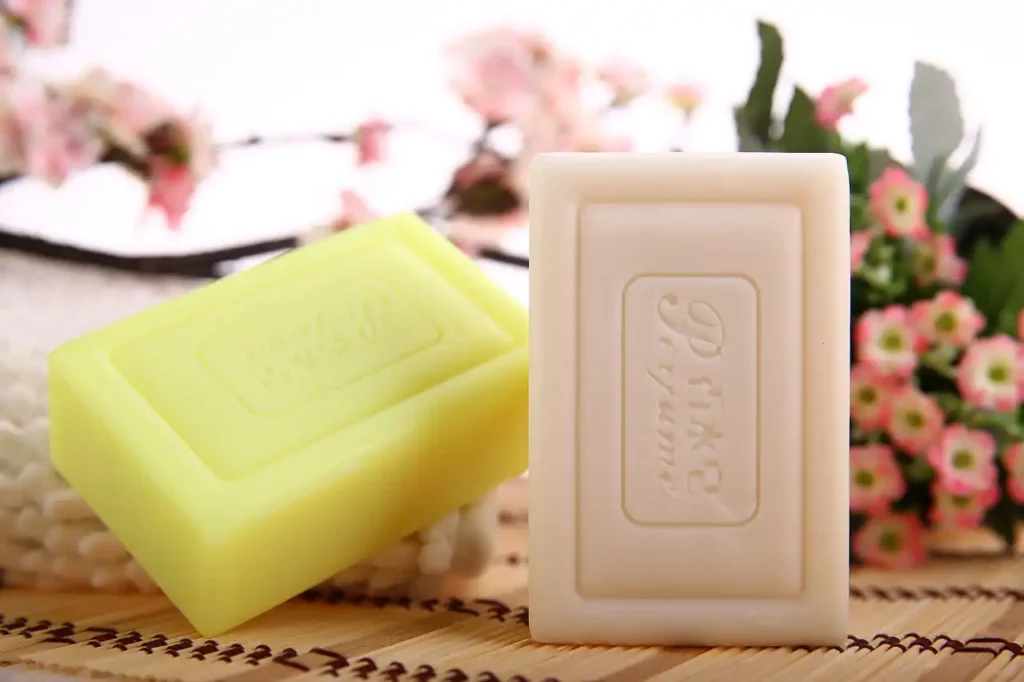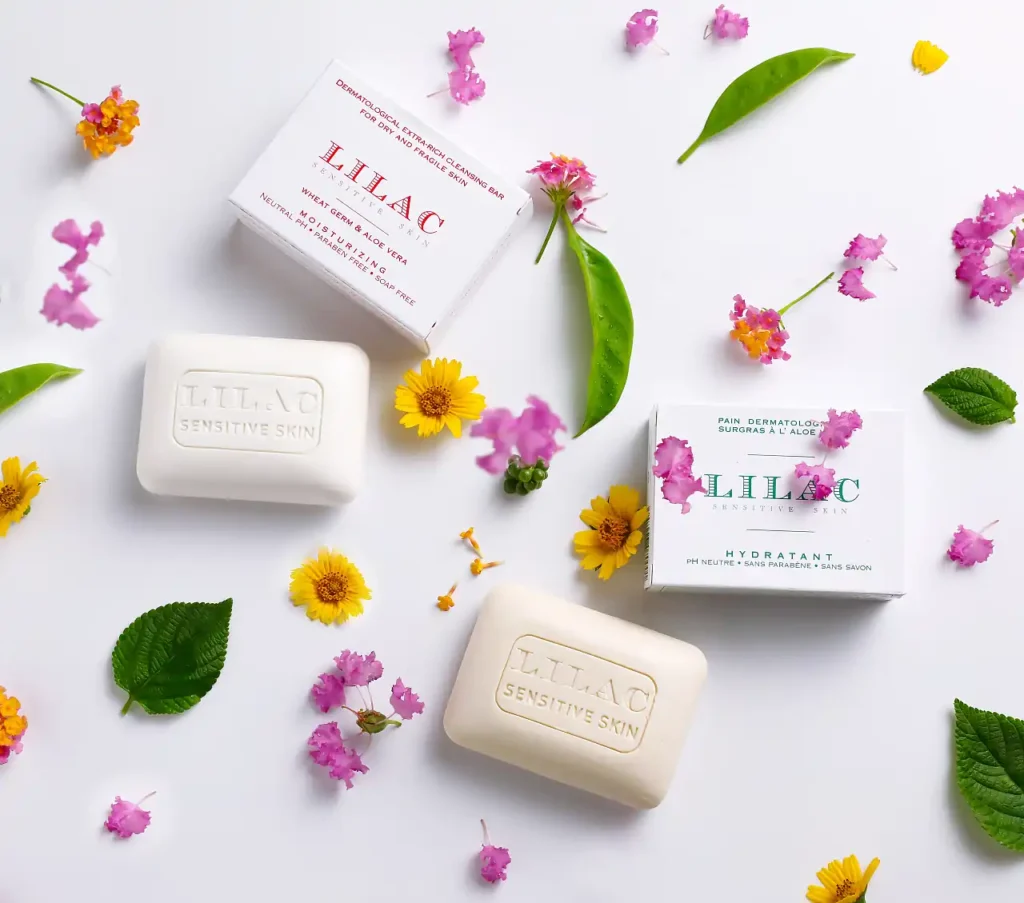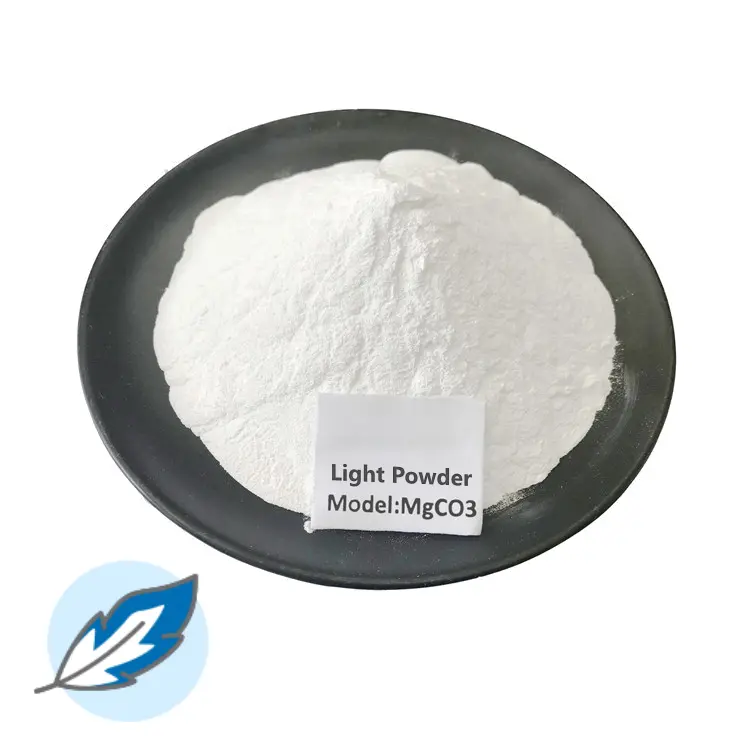Hebei Messi Biology Co., Ltd. said that soap is a fatty acid salt made by the reaction of alkali (such as sodium hydroxide or potassium hydroxide) and fatty acids. Magnesium carbonate, as a mineral, has the following applications in soap:

1. Filler: Magnesium carbonate can be used as a filler in soap to increase the volume of the product and provide a natural mineral component.
2. Adjust pH value: Magnesium carbonate has a certain alkalinity and can help adjust the pH value of soap, making it more suitable for sensitive skin.
3. Slippery agent: Magnesium carbonate powder has a slippery texture, which can improve the feeling of soap on the skin and make it smoother.
4. Anti-caking agent: When making powdered or solid soap, magnesium carbonate can be used as an anti-caking agent to prevent raw materials from caking during storage.
5. Process aid: In the cold-making process of soap, magnesium carbonate may help improve the hardness and durability of soap.

In summary, magnesium carbonate in soap can improve foam quality and enhance cleaning power. Magnesium carbonate has a soft surface, smooth touch, and stable chemical properties. Not only does it not have any irritating effect on the skin, it can also absorb sweat and smooth the skin.
It can make the soap produce rich and delicate foam when used, giving consumers a pleasant use experience, and effectively remove residues on the skin. It should be noted that the use of magnesium carbonate in soaps is determined by the specific formulation and purpose. Additionally, adding magnesium carbonate may change the properties of the soap, so experimentation is needed to determine the best formulation and ratios.

